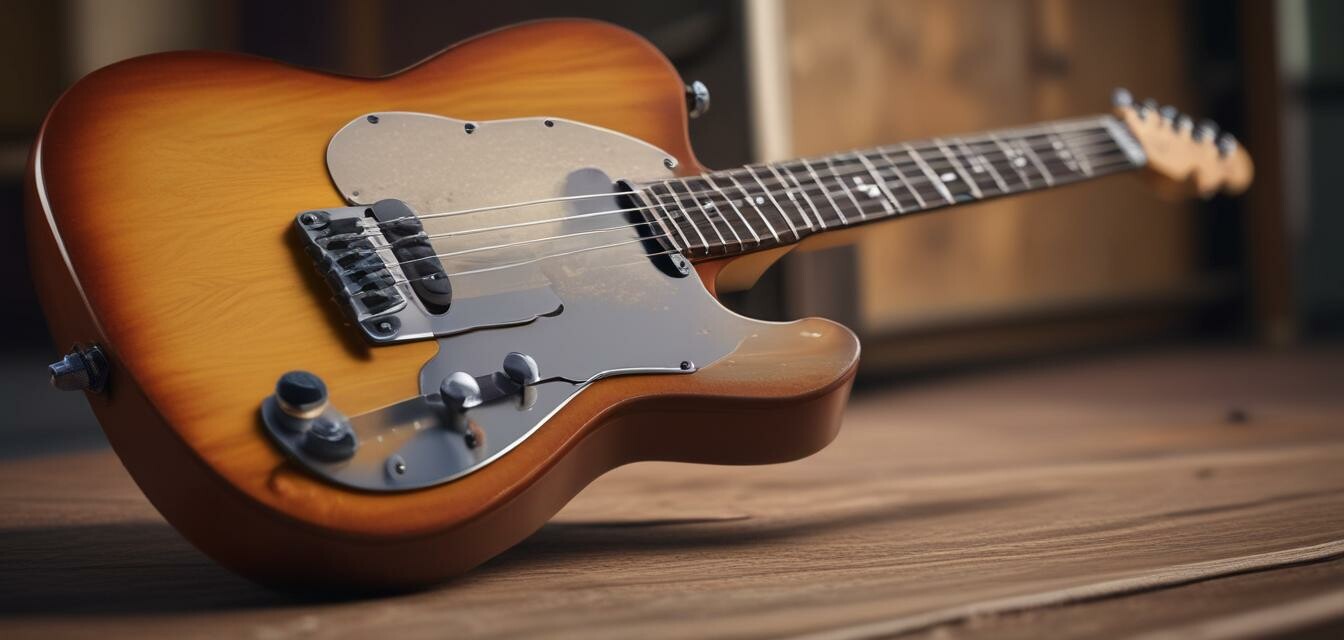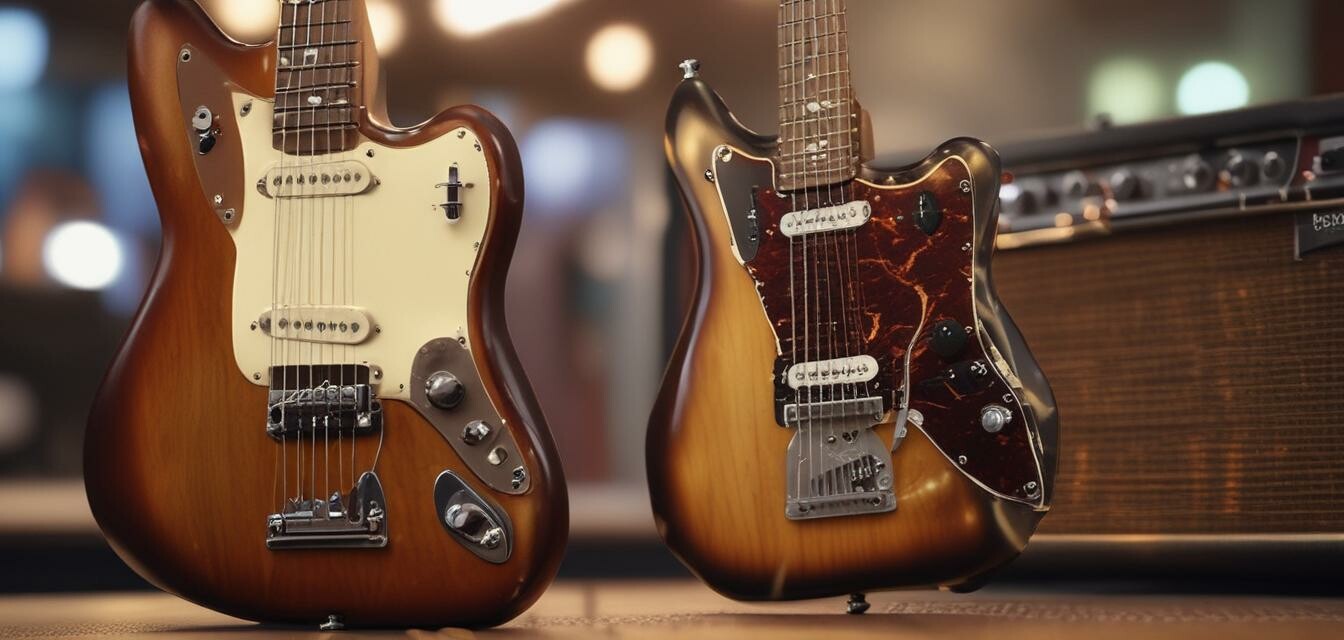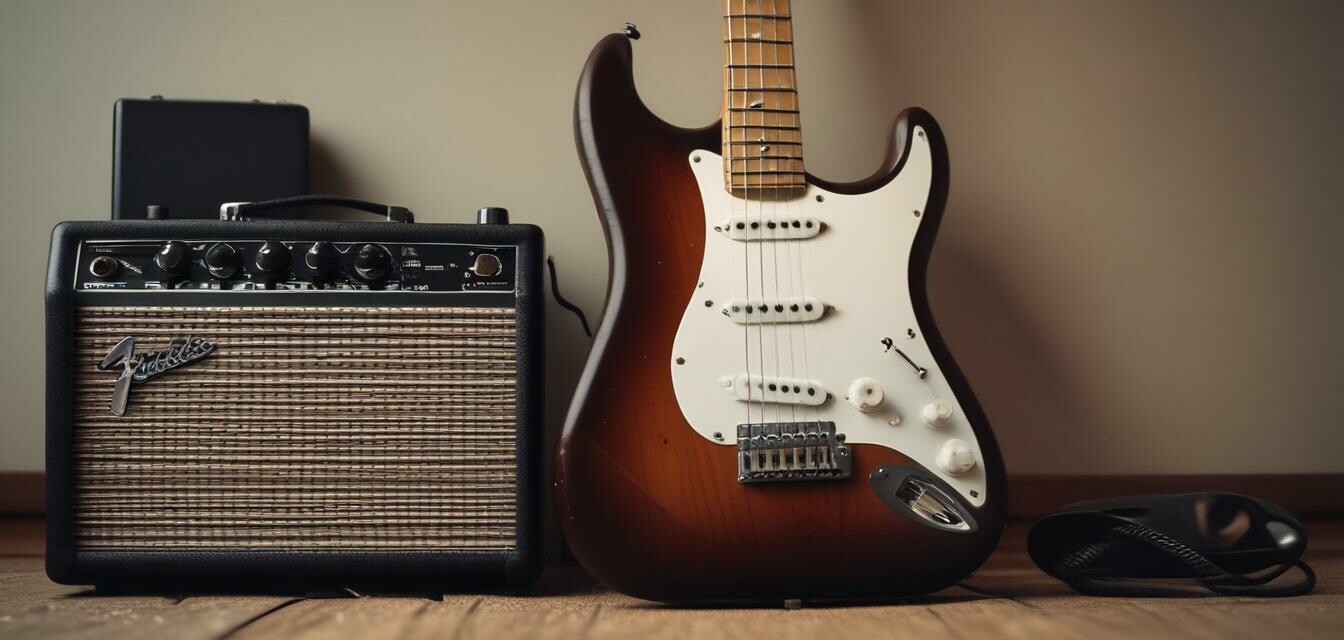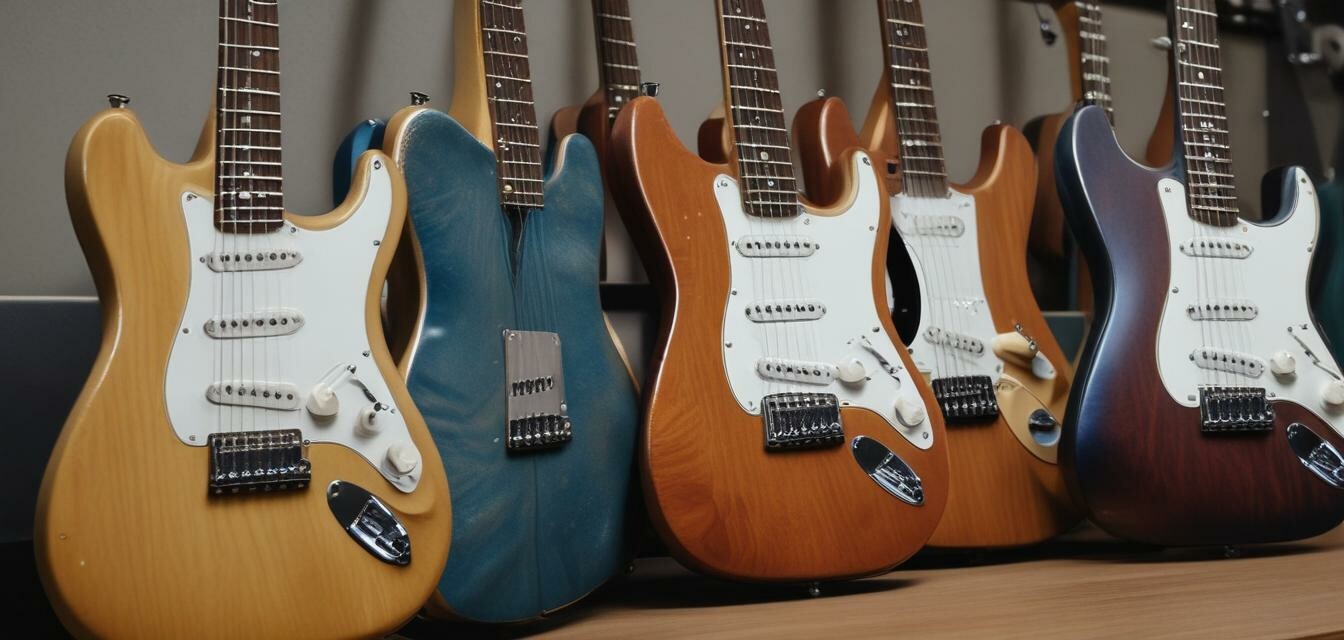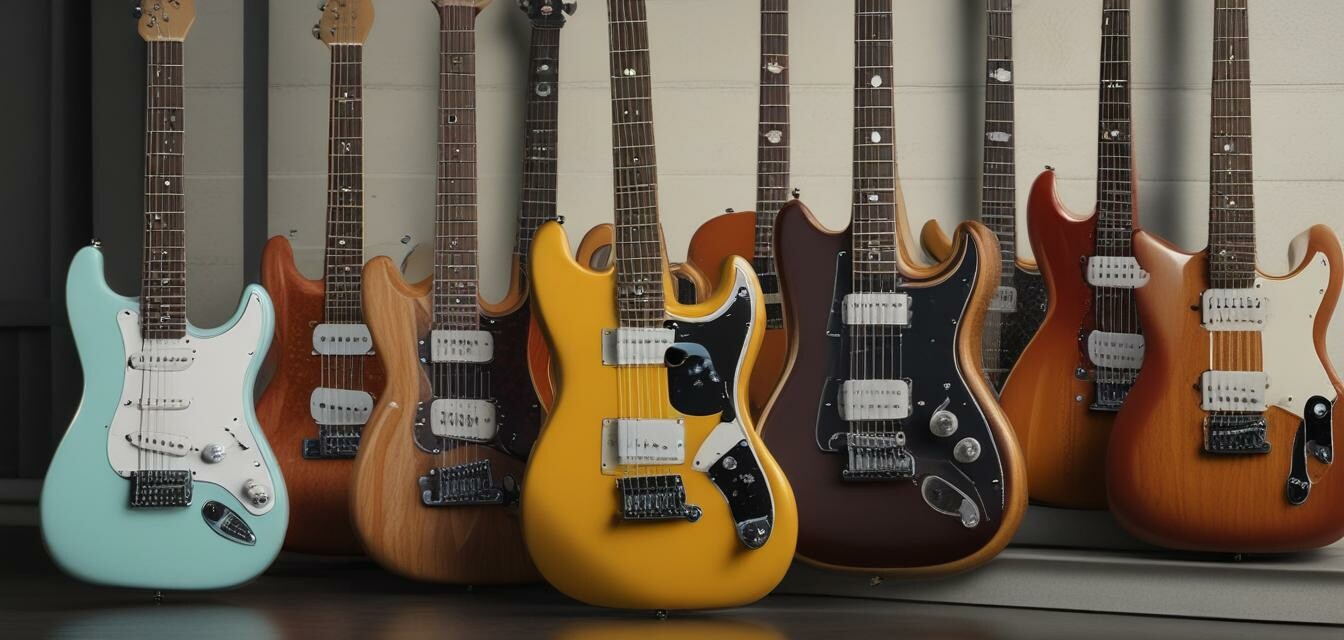
History of Fender Guitars
Key Takeaways
- Established in 1946, Fender is recognized for revolutionizing electric guitars.
- The Telecaster and Stratocaster are two of the most influential guitar models in history.
- Fender has significantly impacted various music genres including rock, jazz, and country.
- The brand’s innovation in guitar manufacturing and sound remains unmatched.
- Fender guitars continue to evolve while staying true to their heritage.
Fender guitars have played a pivotal role in shaping modern music since their inception in the mid-20th century. This article takes a chronological journey through the history of Fender guitars, exploring their evolution, notable inventions, and their profound impact on the music industry.
The Birth of Fender (1946-1950)
Fender was founded by Leo Fender in 1946. Originally, the company focused on designing amplifiers, but soon shifted towards electric guitars. The first commercial success came with the launch of the Fender Telecaster in 1950.
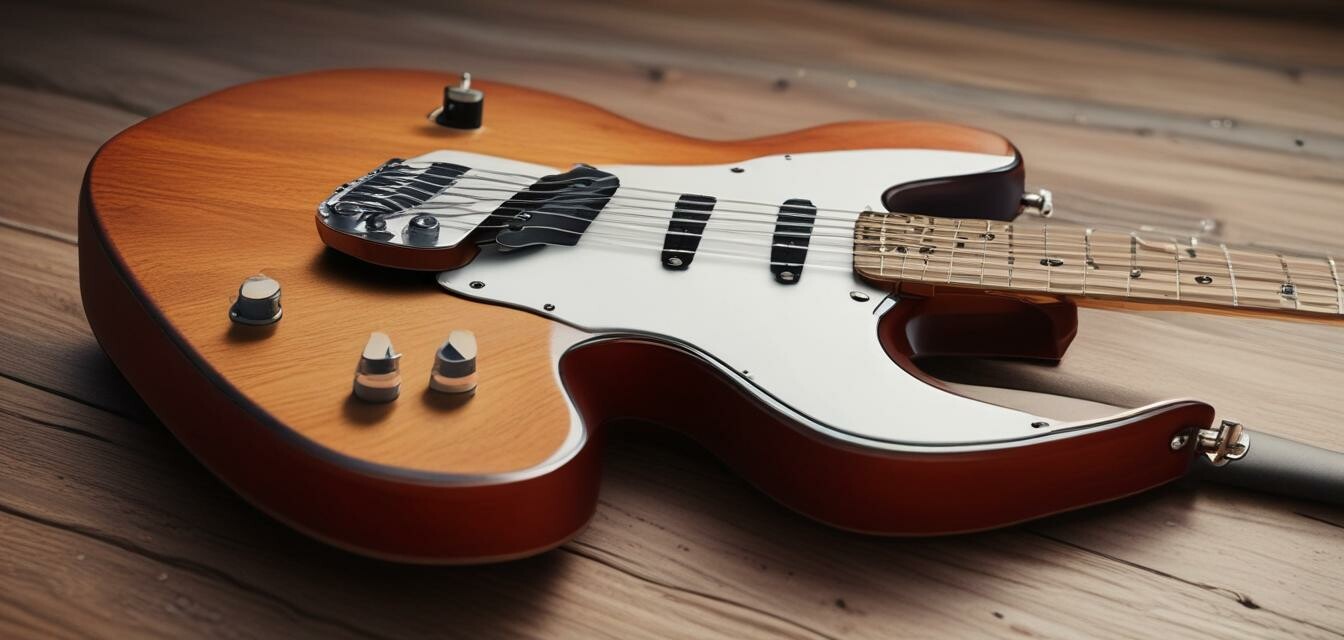
Key Innovations
- First solid body guitar (Telecaster)
- Introduction of the pickup system for electric sounds
- Innovative technology in amplifier design
The Golden Era (1950s-1960s)
During the 1950s and 1960s, Fender solidified its reputation as a leading guitar manufacturer with iconic models such as the Stratocaster and the Precision Bass.
| Year | Model Released | Significance |
|---|---|---|
| 1954 | Fender Stratocaster | Became the standard for modern electric guitars |
| 1951 | Fender Precision Bass | Revolutionized bass guitar playing and sound |
| 1965 | Fender Mustang | Popular among alternative and punk rock musicians |
Fender's Impact on Music Genres
Artists from various genres such as rock, jazz, and country have adopted Fender guitars. Notable musicians like Jimi Hendrix, Eric Clapton, and B.B. King have become synonymous with Fender guitar models.
Challenges and Changes (1970s-1980s)
The 1970s brought challenges with changing tastes in music and the entry of many competitors. However, Fender adapted by producing a wide range of models catering to various styles.
Pros
- Wide range of guitar models and styles available
- Robust build quality and craftsmanship
- Rich history and reputation in the music community
Cons
- Some models can be expensive
- Occasional quality control issues with mass-produced models
Modern Era and Innovations (1990s-Present)
In the current era, Fender continues to innovate while honoring its legacy. The company has embraced technology, introducing new features such as built-in effects and digital interfaces.

Recent Developments
- Launch of the Fender American Ultra series
- Incorporation of sustainable materials in manufacturing
- Expansion into digital products and accessories
Fender Guitars in Popular Culture
Fender guitars are not just musical instruments; they symbolize creativity and rebellion. From the stages of rock concerts to movie appearances, these guitars have made their mark on popular culture.
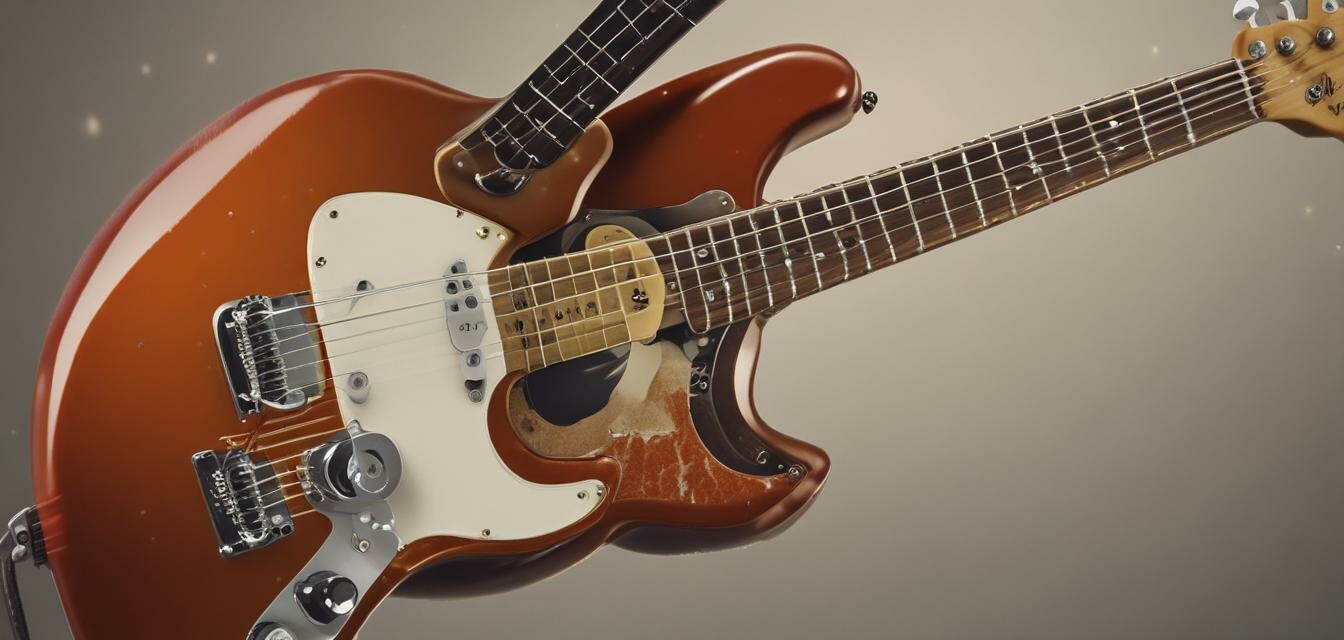
Conclusion
Fender guitars have undergone significant evolution since their inception, continually adapting to the needs and tastes of musicians. With a legacy that spans decades, Fender remains a leader in guitar manufacturing, offering instruments that cater to both professional musicians and hobbyists alike.
Tips for Choosing Your First Fender Guitar
- Determine your preferred music style and choose a model that fits that genre.
- Try different models in-store to find the right feel and sound for you.
- Consider starting with a budget-friendly option to get acquainted with playing.
- Don’t hesitate to ask for advice from salespeople or fellow musicians.
- Join forums to share experiences and learn from other Fender guitar enthusiasts.
Learn More
For more insights, check out our Acoustic Guitars, Electric Guitars, and Guitar Accessories sections to explore Fender products.
